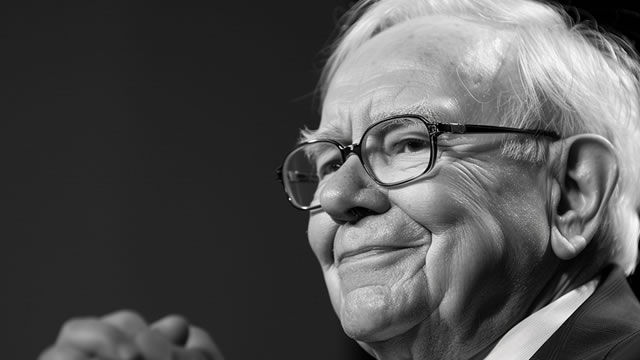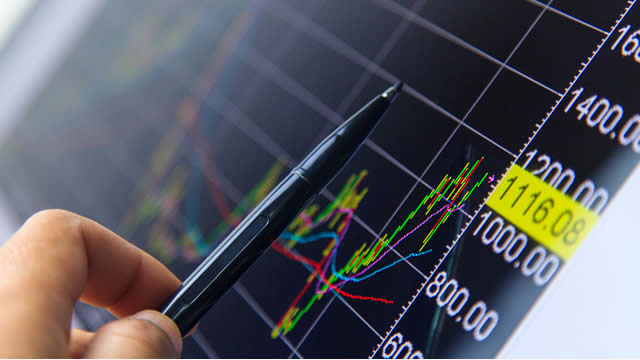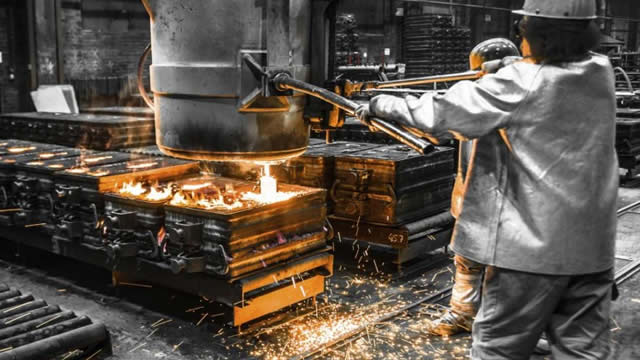Berkshire Hathaway’s Share Buybacks: Insights from Warren Buffett’s Value Investing
Berkshire Hathaway Inc. (BRK.A, BRK.B), the multinational conglomerate led by legendary investor Warren Buffett, has been making headlines for its share buybacks. This strategy, which involves purchasing shares of its own stock in the open market, is not a new one for Berkshire Hathaway. However, the frequency and magnitude of these buybacks have garnered increased attention in recent years.
The Rationale Behind Berkshire’s Buybacks
Buffett’s approach to buybacks is rooted in his value investing philosophy. He looks for companies with intrinsic value that is not fully reflected in their stock price. When Berkshire’s shares trade at a discount to their intrinsic value, Buffett sees an opportunity to create value for shareholders by buying back shares.
The Process of Share Buybacks
Berkshire Hathaway’s buybacks are not automated but are made at the discretion of Buffett and his team. They closely monitor the market price of Berkshire’s shares and assess their intrinsic value based on various financial metrics, such as earnings, book value, and cash flows. When they believe the shares are undervalued, they make purchases in the open market.
It is essential to note that Buffett does not view buybacks as a substitute for shareholder dividends. Instead, he sees them as a complementary strategy. He has often stated that he prefers to return excess capital to shareholders through buybacks when the stock is undervalued and through dividends when it is fairly valued or overvalued.
Impact on Individual Investors
As a Berkshire Hathaway shareholder, you may benefit from these buybacks in several ways:
- Dilution Reduction: Share buybacks reduce the number of outstanding shares, which can lead to a reduction in share dilution from new issues or employee stock options.
- Earnings Per Share (EPS) Growth: Buybacks increase EPS by reducing the denominator (the number of outstanding shares) while keeping the numerator (net income) constant.
- Price Appreciation: The reduction in outstanding shares can put upward pressure on the stock price, benefiting existing shareholders.
Impact on the World
Beyond Berkshire Hathaway’s shareholders, Buffett’s buybacks can have broader implications:
- Market Liquidity: Large buyback programs, such as Berkshire’s, can contribute to market liquidity by absorbing a significant amount of stock from the market.
- Corporate Financing: Buybacks can serve as an alternative financing option for companies, particularly those that do not have access to traditional financing sources or do not wish to issue additional debt.
- Economic Growth: Buybacks can contribute to economic growth by returning capital to shareholders, who may then reinvest the proceeds in other businesses or spend the money on consumer goods and services.
Conclusion
Berkshire Hathaway’s share buybacks are an essential component of Warren Buffett’s value investing strategy. By purchasing shares when they are undervalued, Buffett seeks to create value for Berkshire Hathaway’s shareholders and contribute to broader market liquidity and economic growth. As a Berkshire Hathaway shareholder, you can benefit from these buybacks through reduced dilution, EPS growth, and potential price appreciation. Additionally, as a global citizen, you can appreciate the potential positive impact on the economy.
It is important to remember that past performance is not indicative of future results. While Berkshire Hathaway’s buybacks have been successful in the past, their future success depends on Buffett’s ability to accurately assess the intrinsic value of the company’s shares. Nonetheless, Berkshire Hathaway’s buybacks serve as a testament to Buffett’s commitment to maximizing value for his shareholders and to his enduring influence on the world of investing.





